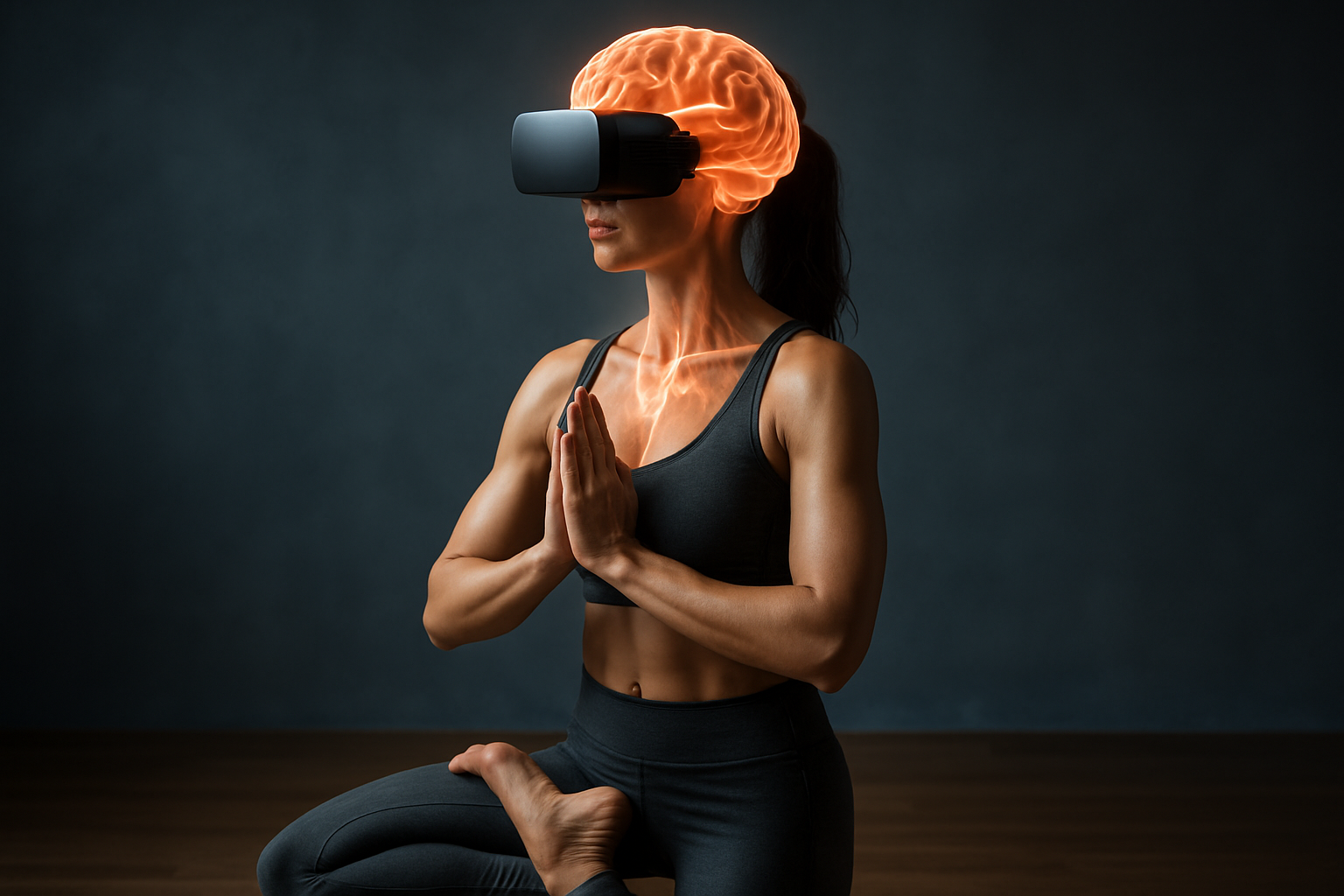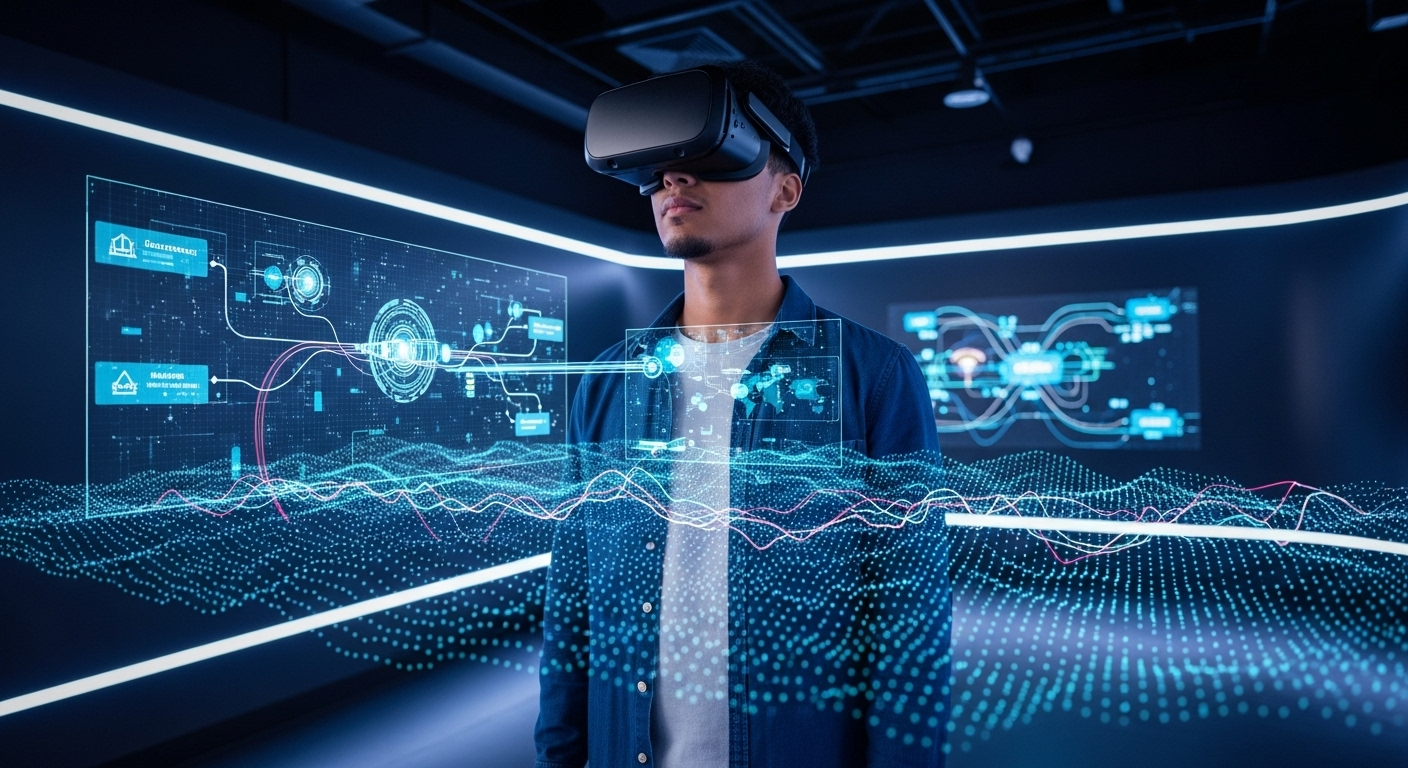Neuroplasticity-Based Cognitive Training: Reshaping the Brain for Enhanced Mental Fitness
Can you imagine a world where you could strengthen your brain like a muscle, enhancing your memory, focus, and cognitive abilities through targeted exercises? Welcome to the fascinating realm of neuroplasticity-based cognitive training, a cutting-edge approach that's revolutionizing our understanding of brain health and mental fitness.

Neuroplasticity occurs through various mechanisms, including synaptic plasticity (changes in the strength of connections between neurons) and structural plasticity (formation of new neural pathways). These processes are influenced by our experiences, environment, and behaviors, making them prime targets for cognitive training interventions.
The Evolution of Cognitive Training
Cognitive training has come a long way from simple puzzles and memory games. Modern neuroplasticity-based approaches are grounded in rigorous scientific research and tailored to target specific cognitive domains. These methods aim to induce lasting changes in brain structure and function, leading to improvements in various cognitive abilities.
Early cognitive training programs focused primarily on working memory and processing speed. However, as our understanding of neuroplasticity has grown, so too has the scope of these interventions. Today’s programs encompass a wide range of cognitive functions, including attention, executive function, and even emotional regulation.
Innovative Approaches in Neuroplasticity-Based Training
One of the most exciting developments in this field is the use of adaptive algorithms. These sophisticated programs adjust the difficulty of tasks in real-time based on the user’s performance, ensuring that the brain is consistently challenged at the optimal level for growth. This personalized approach maximizes the potential for neuroplastic changes and cognitive improvement.
Another innovative strategy involves multimodal training, which combines cognitive exercises with physical activities. This approach is based on research showing that physical exercise can enhance neuroplasticity and cognitive function. For example, some programs incorporate balance training or coordinated movements with cognitive tasks, potentially boosting the overall effectiveness of the intervention.
Virtual reality (VR) and augmented reality (AR) technologies are also making waves in neuroplasticity-based training. These immersive environments allow for the creation of complex, real-world scenarios that can challenge multiple cognitive domains simultaneously. VR-based cognitive training has shown promise in areas such as spatial navigation, attention, and executive function.
The Promise and Challenges of Neuroplasticity-Based Cognitive Training
The potential benefits of neuroplasticity-based cognitive training are vast. Studies have shown improvements in working memory, attention, and problem-solving skills among participants. Moreover, there’s growing evidence that these interventions may have broader impacts on overall cognitive health, potentially reducing the risk of age-related cognitive decline and even mitigating symptoms of certain neurological disorders.
However, it’s important to note that the field is not without its challenges and controversies. Some studies have questioned the transferability of skills gained through cognitive training to real-world tasks. Critics argue that while participants may improve on the specific tasks they practice, these gains may not necessarily translate to broader cognitive improvements in daily life.
Another challenge lies in determining the optimal duration and frequency of training for lasting benefits. While some studies have shown positive results with relatively short interventions, others suggest that longer-term, consistent practice may be necessary for significant and enduring cognitive enhancements.
Integrating Neuroplasticity-Based Training into Daily Life
As research in this field continues to evolve, there are several ways individuals can incorporate neuroplasticity-based principles into their daily routines to support cognitive health:
-
Engage in novel and challenging activities regularly
-
Practice mindfulness and meditation to enhance neuroplasticity
-
Incorporate physical exercise into your cognitive training regimen
-
Ensure adequate sleep, which plays a crucial role in consolidating neuroplastic changes
-
Maintain a balanced diet rich in nutrients that support brain health
Neuroplasticity Boosters: Tips for a Stronger Brain
-
Learn a new language or musical instrument to create novel neural pathways
-
Practice visualization techniques to enhance spatial awareness and memory
-
Engage in social activities that challenge your communication and problem-solving skills
-
Try non-dominant hand exercises to stimulate different brain regions
-
Explore sensory deprivation or enhancement activities to rewire sensory processing
The Future of Brain Health
As we continue to unravel the mysteries of neuroplasticity, the future of cognitive enhancement looks bright. Neuroplasticity-based cognitive training represents a powerful tool in our quest for optimal brain health and mental fitness. By embracing these innovative approaches and integrating them into our lives, we can take an active role in shaping our cognitive destinies, potentially unlocking new levels of mental performance and resilience.





